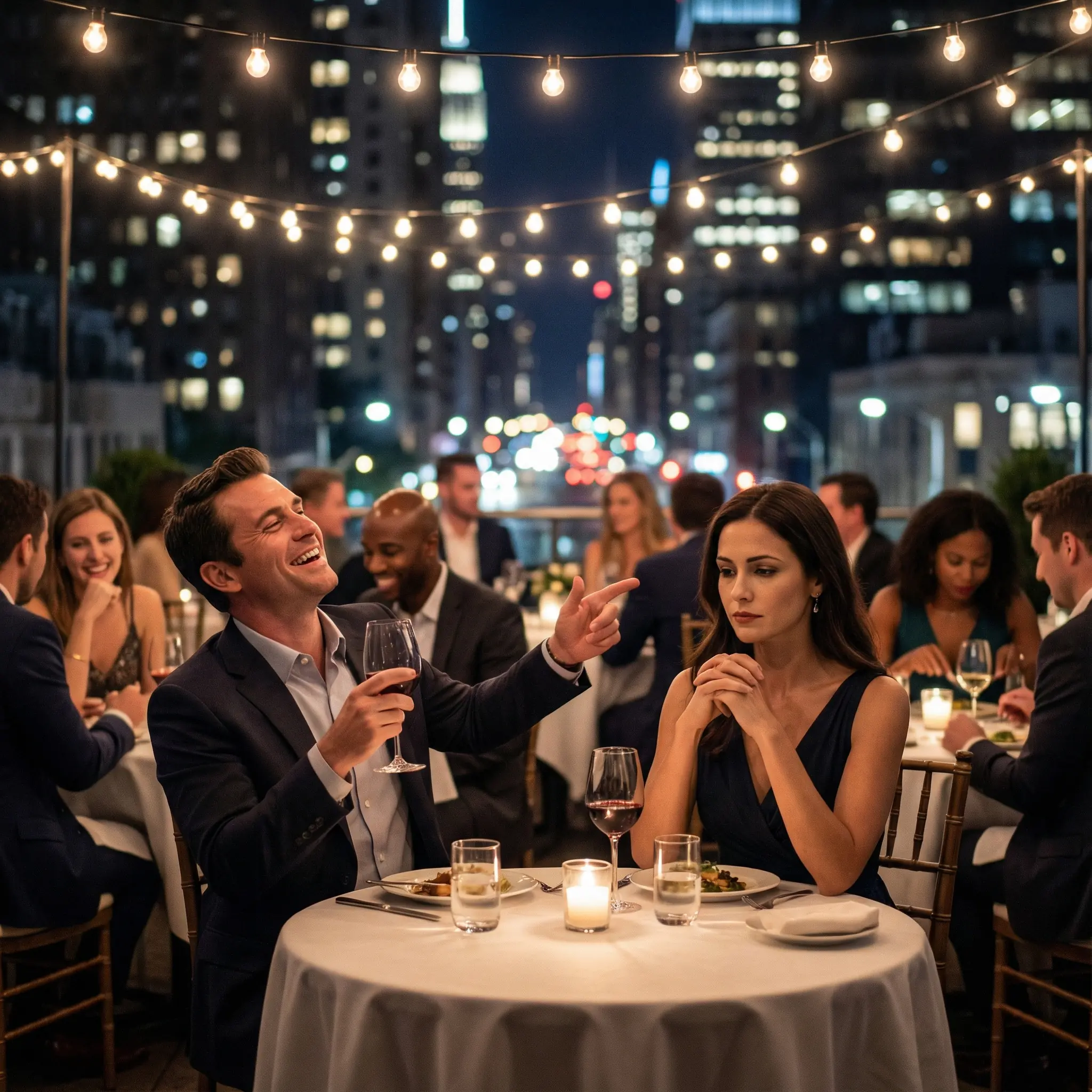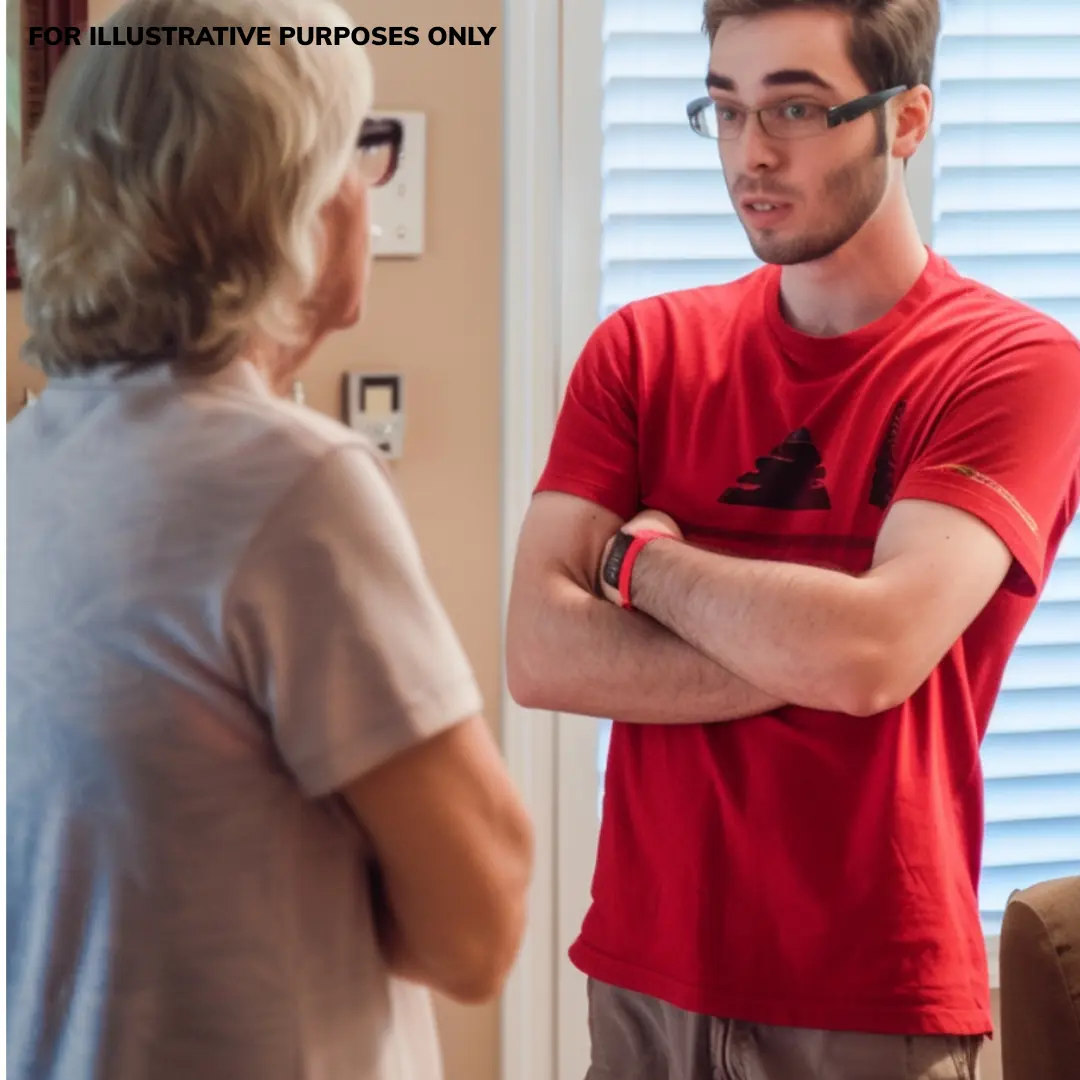
Why do we sometimes feel like we have experienced things in real life in our dreams?
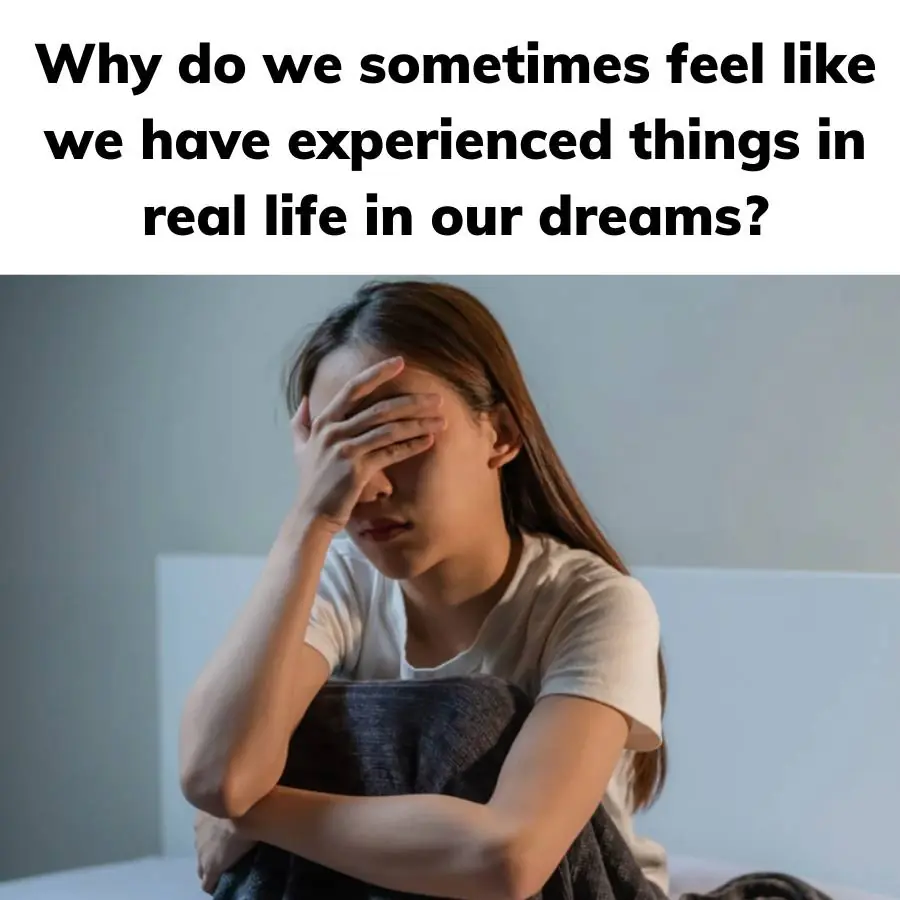
About déjà vu
According to Wikipedia, Déjà vu is a French word, meaning “already seen” or also known as hallucinatory memory or promnesia (memory disorder) is an illusion, feeling familiar (as if seen, experienced in memory) in a new environment, never known before or not remembering when. This is the experience of a feeling of certainty that having witnessed or lived through a situation that has happened before, although it is impossible to know for sure when those premonitions happened. The term Déjà vu was named by a French psychic expert, Émile Boirac (1851 - 1917), which he mentioned in his book L’Avenir des sciences psychiques (The Future of Psychic Sciences), a book published when Boirac was a university student. Déjà vu is often a very familiar feeling, but “strange and mysterious”, occurring frequently in dreams and daily life in both adults and children.
Déjà vu has been described in literature for a long time, but it is a topic that causes headaches for scientists, especially spiritualists today. Recently, researchers have discovered a way to create this feeling by hypnosis. Since the late 20th century, déjà vu has been deeply studied in psychology and neuroscience. Scientifically, the most accurate explanation for déjà vu is not the “precognition” of actions or the ability to “predict”, but an abnormality of memory that keeps people creating the impression that memories are “being remembered”.
There is also an opinion that in the process of daily life and communication, the human brain has the ability to self-arrange, link events and analyze logically, thereby creating images, sounds..., that are likely to happen in the future and record them in the memory area, which is similar to the method of prophecy. This ability of the human brain to self-arrange and link is formed and trained in the process of people thinking and speculating intentionally (such as betting on something). Therefore, when encountering one of the events that the brain has analyzed correctly (there may be some cases that are wrong, this explains why we only sometimes experience the phenomenon of déjà vu), then we will have the feeling that "it seems" we have encountered or been in that situation in the past.
Some hypotheses and facts related to déjà vu
1. Is déjà vu caused by the senses deceiving people?
There is a particularly obscure hypothesis that déjà vu is a simple phenomenon in which the senses in the body “play tricks” on people.
Normally, human feelings and perceptions of the world are not clear-cut, in which the senses play a leading role. For example, when we walk into a strange bakery, smell the attractive aroma of freshly baked bread. Perhaps it matches the taste similar to what we have smelled before, the brain tries to remember that exact taste, this feels as if you have smelled this taste before. The above phenomenon is similar to when we hear a specific noise or a certain conversation tape, it feels like we have heard it in the past but cannot remember, all these phenomena convince the subject that the subject has experienced the above moment. It is the simplest and most understandable hypothesis, and like most other theories about déjà vu, the senses in the body have “played tricks” on people that there is no way to actually check.
2. Déjà vu is a simple cataloging error?
Another hypothesis is that the brain’s long-term and short-term memory circuits may malfunction, causing the brain’s librarian to malfunction, creating a simple cataloging error, similar to an editing error. Suppose you are going to a party in a luxury apartment with completely new people you have never met before. However, when you enter, you are overwhelmed with the feeling that you have been to a similar time as happened before. The interior layout of the room, the number of musicians playing, everyone having fun with a glass of wine in hand… you will be convinced as if you have experienced it before in the past, that is déjà vu is luring you into it. What happens to give us the feeling of déjà vu is that your brain isn't doing its job. The human brain has a memory system that is difficult to erase, a series of storage switching mechanisms that, like most things in the world, sometimes make mistakes. The brain can store new information when you attend a party, but it puts it into long-term memory, giving the person in the audience the feeling that the event has happened before, sometimes in the distant past.
3. Human memory is bad
A prominent and fairly basic hypothesis is that human memory is bad. Regarding this hypothesis, the Smithsonian.com news site used an example from Colorado cognitive psychology professor Anne Cleary to explain. Suppose, you are taking a trip to Paris for the first time and visit the Louvre. When staring at the glass pyramid, one gets a familiar feeling of déjà vu.
News in the same category


Grandma Saw the Sweater She Knitted for Her Granddaughter Donated and Decided It Was Time for a Talk About Appreciation

My Late Mom Left Me a Trust Fund, but My Dad Took Money from It for His Stepdaughter — I Finally Retaliated
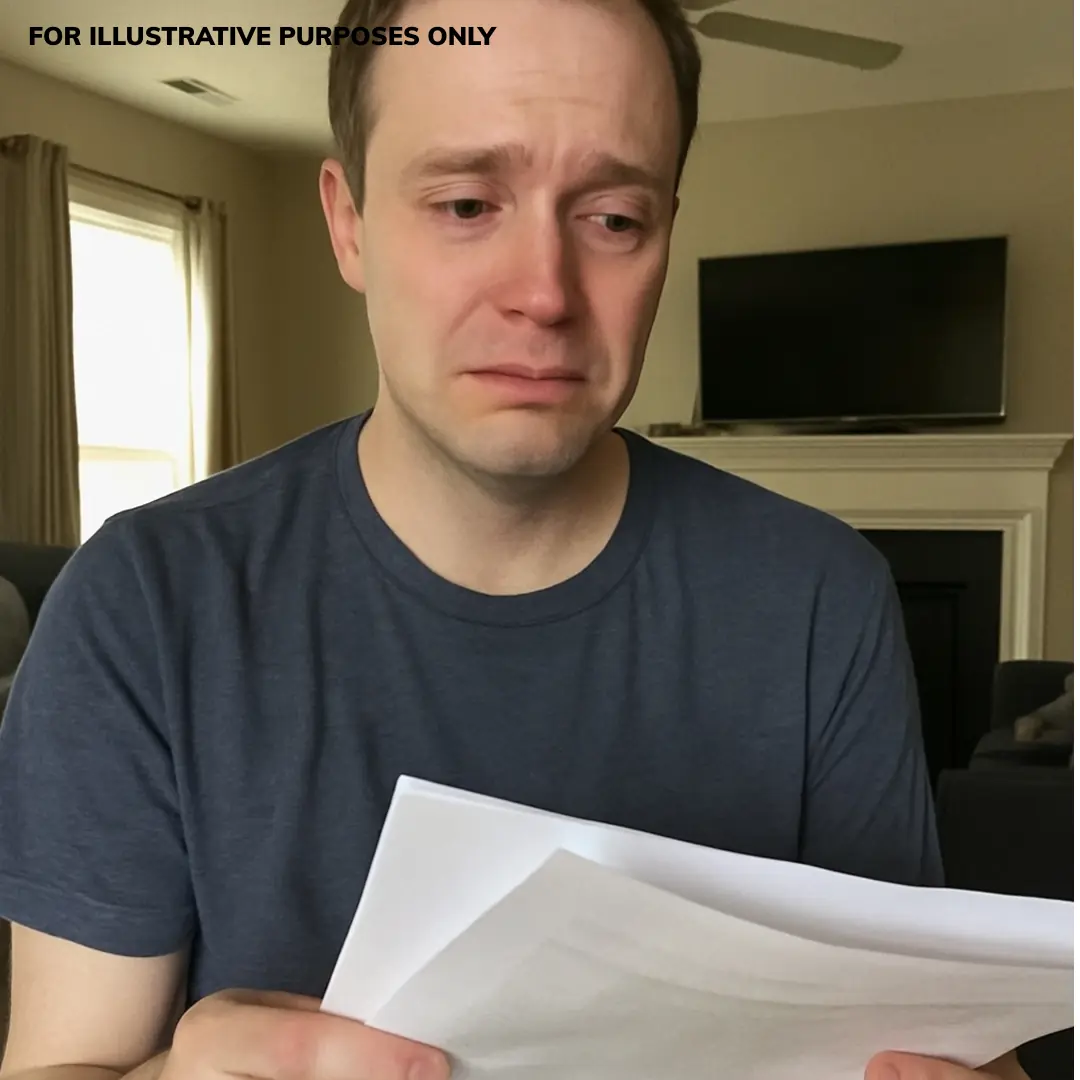
My Husband Made Me Sell My Apartment to Pay Off His 'Business Debts' After Being 'Dumped' by His Partner — But It All Turned Out to Be a Lie

My Landlord Raised My Rent Because I Got a Promotion — Big Mistake Messing With a Single Working Mom of Three
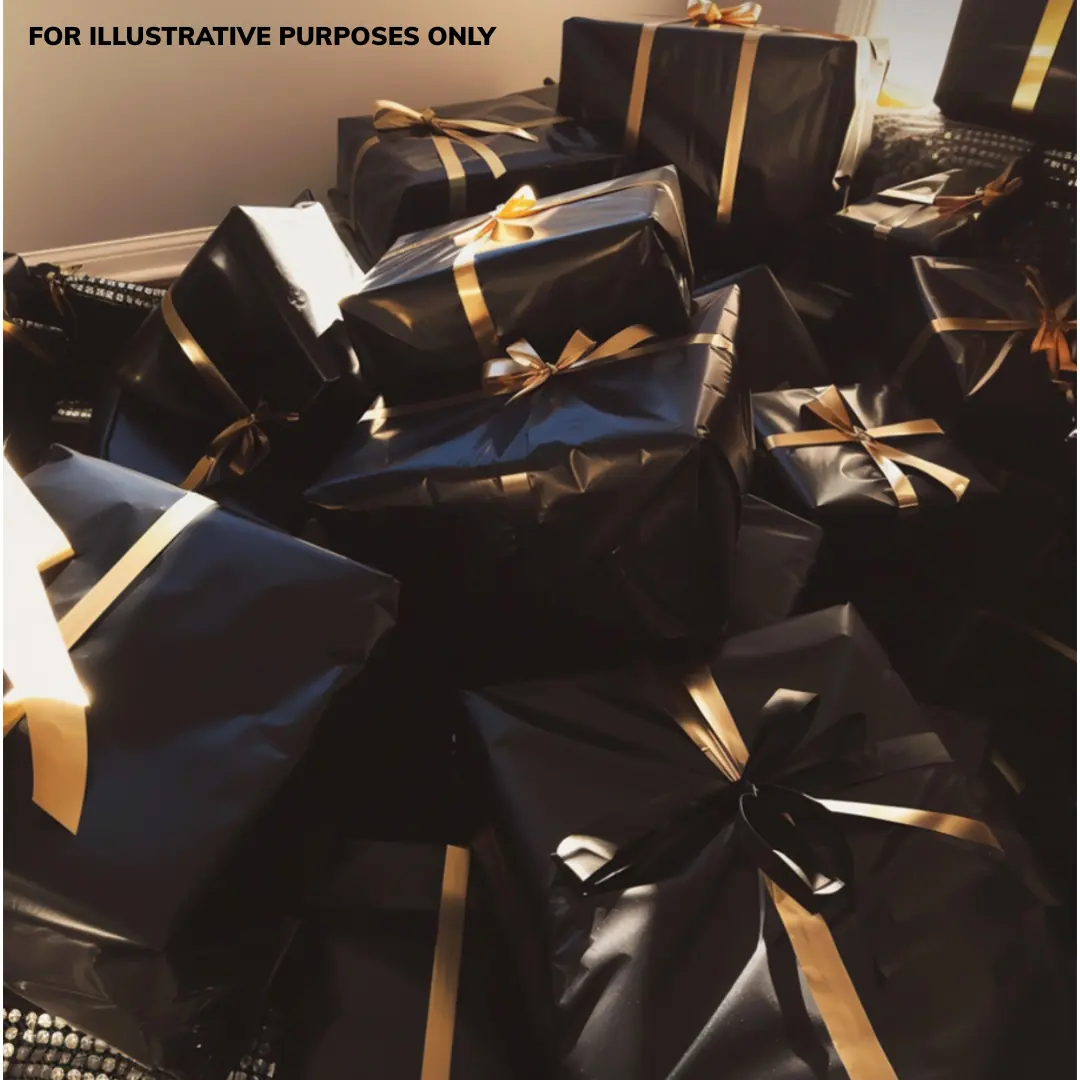
All the Guests Brought Black Gifts to My Birthday Party — If Only I Knew What Was Coming

Cleaner Stepped Into a Stranger’s Home

My Mom Avoided Me for Years

My Best Friend Asked Me to Watch Her Kids for an Hour – I Didn't See Her Again for 7 Years

My Husband Had Been Secretly Transferring Money from Our Joint Account to My Best Friend for Months

What’s The Purpose Of The Fabric Strip Across Hotel Beds

How dare you even touch the patient

My mother-in-law, who works with me, humiliated me in front of the entire office

The experienced doctor was only hired as a nurse after prison

She hadn’t even managed to say “I do!” at the registry office

Her mother-in-law opened the box, peered inside, and blushed

Quiet Ksyusha told all her husband’s relatives off with a few choice words

After the betrayal by his wife and his so-called friends

So, according to you, is it normal to rummage through a purse

Mom, you’re just a pauper!» Pashka shouted, slamming the door of his room.
News Post

WHO Recommends GLP-1 Therapies for Obesity Management in Landmark New Guidance

mRNA Flu Vaccines Show Higher Effectiveness Than Traditional Quadrivalent Shots, Phase 3 Trial Finds

A cold draft keeps sneaking in under my front door, and the handyman can’t come until after the holidays. What can I do right now?

The 30-Minute Rule Everyone Needs to Know

These red patches flare up every night, but my doc can’t see me until next month. Any idea what’s happening?
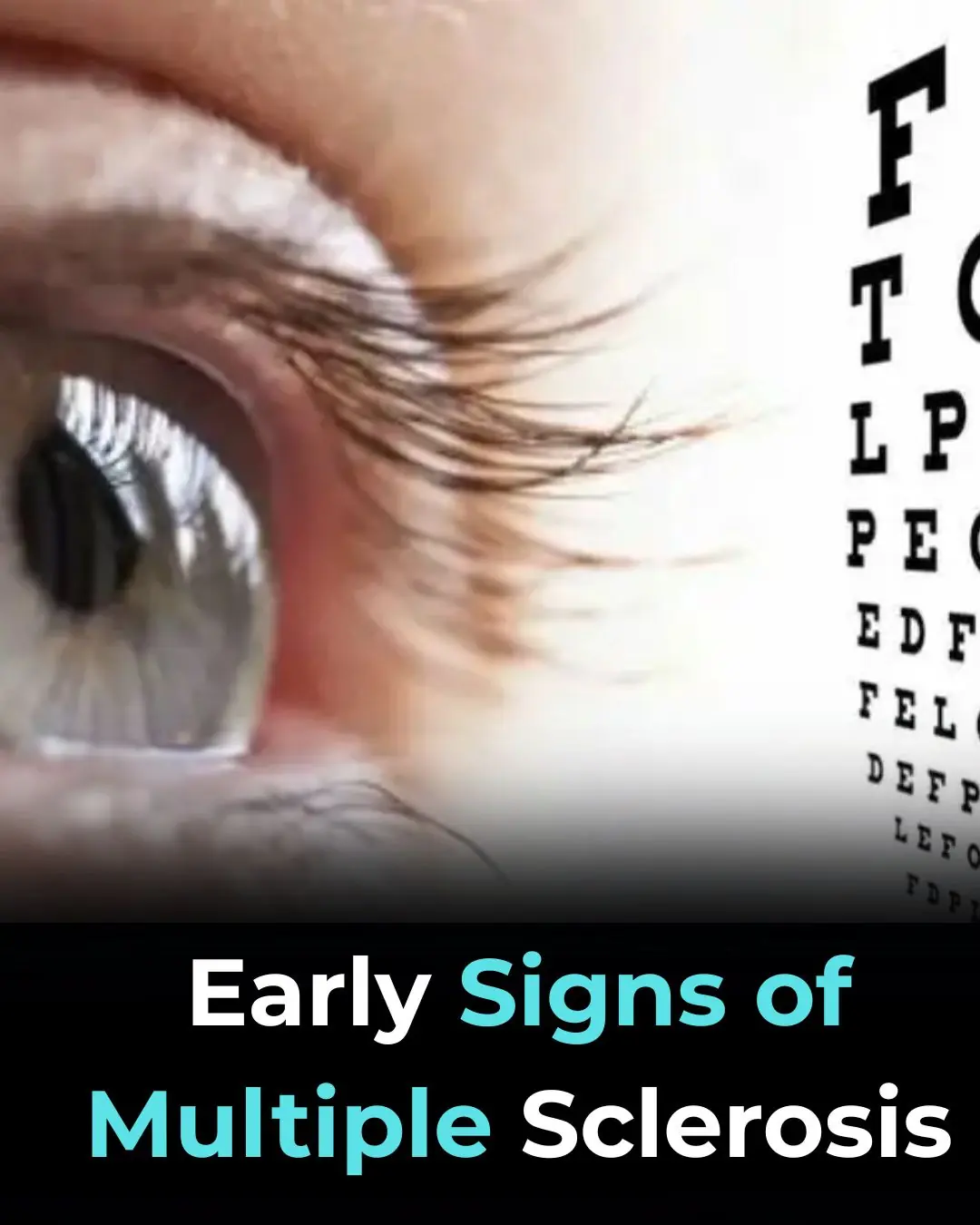
Early Signs of Multiple Sclerosis

11 Benefits of Going Caffeine-Free

5 Early Signs of Cervical Cancer That Are Often Ignored: 90% of Women Overlook Them

The Cheap Drink That Can Help Prevent Stroke, Reduce Blood Fat, and Fight Cancer
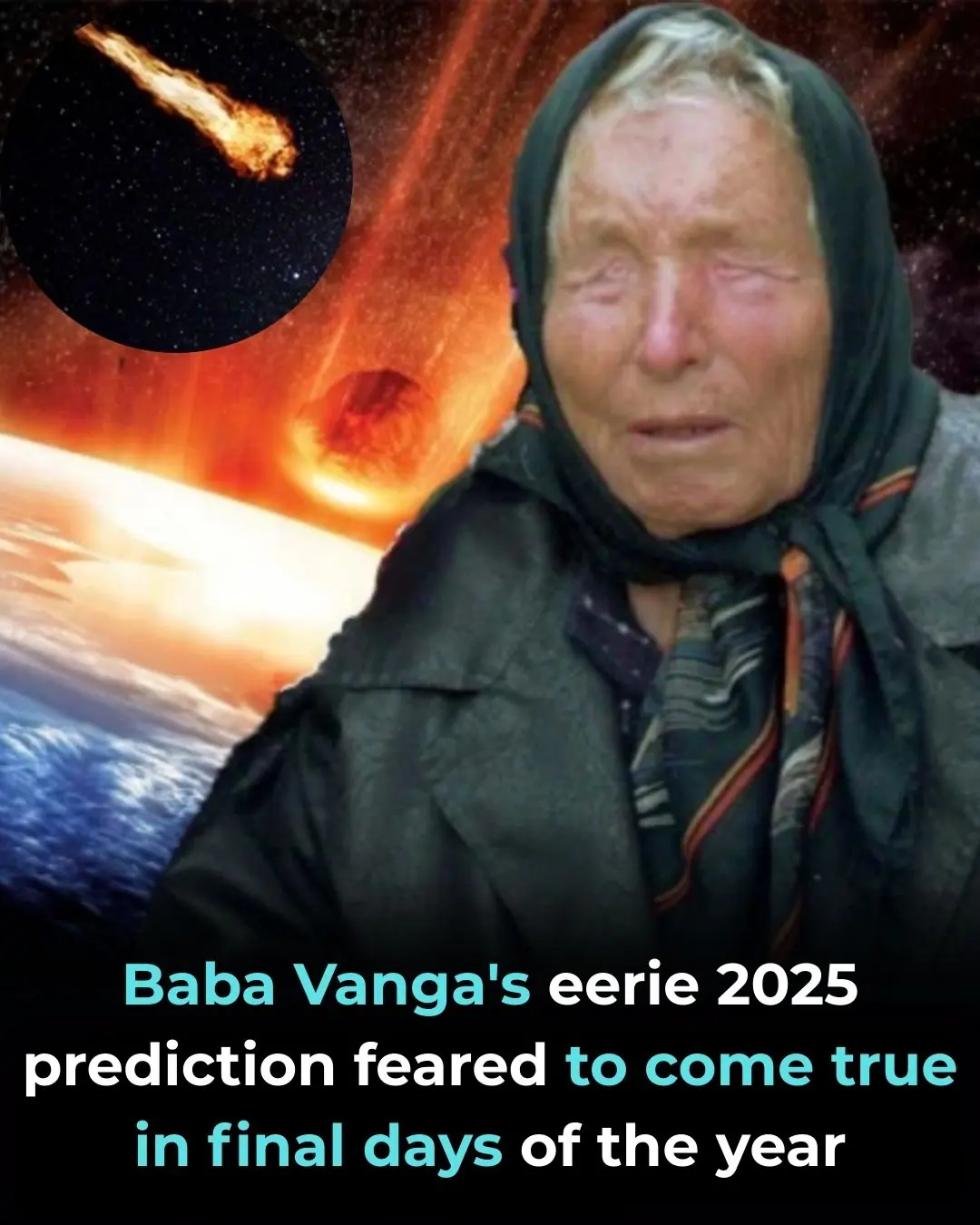
Bone-chilling 2025 predictions from both Nostradamus and Baba Vanga

2 quick and easy ways to wash yellowed pillow inserts, making them sparkling white like new in no time

Yellowed, burnt-on stainless steel pots will shine like new after soaking them in this water
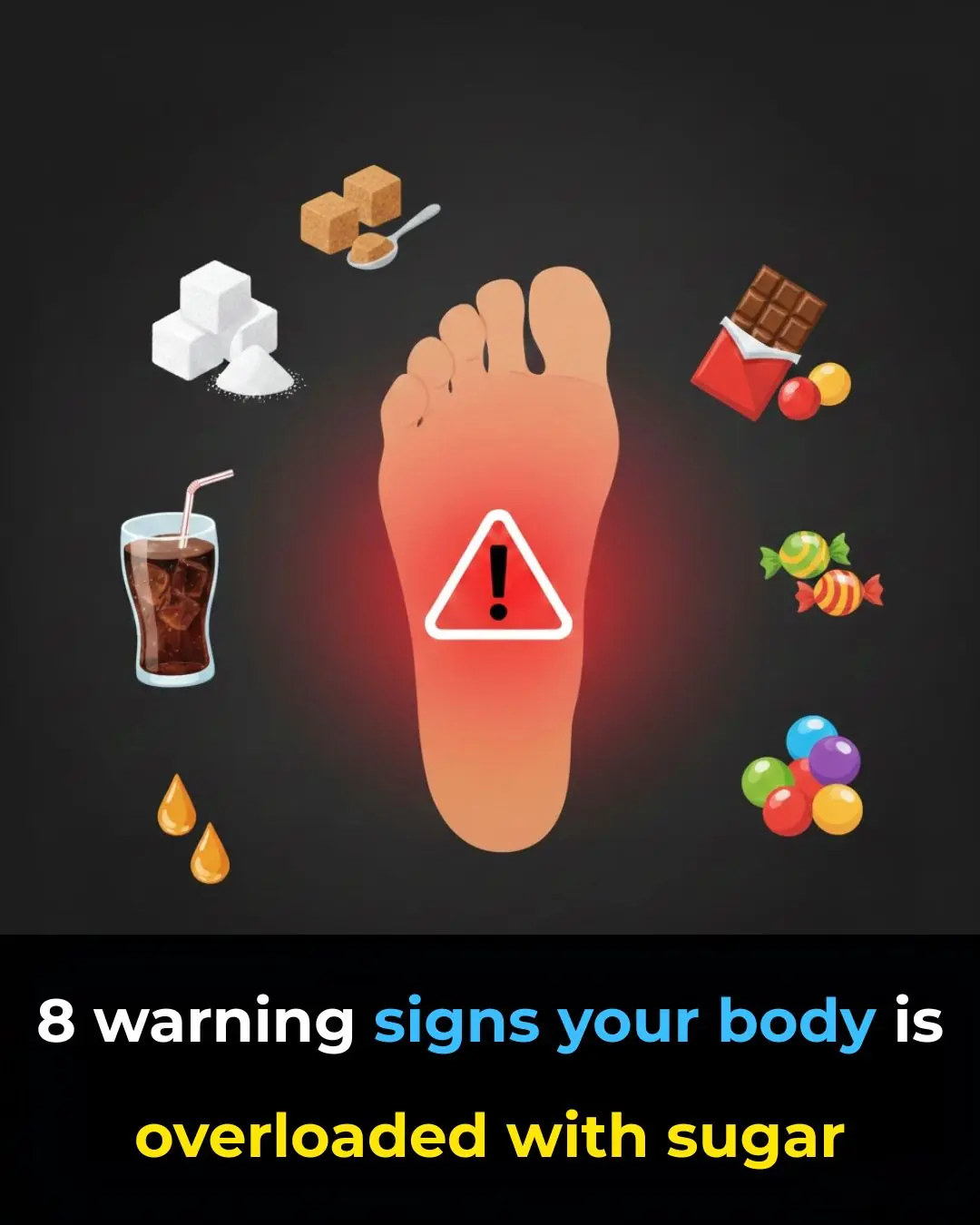
8 Signs You’re Eating Too Much Sugar

4 types of hip pain that signal multiple cancers: Women need to be especially vigilant

Accidental discovery of bone-eroding cancer after a fall: It turns out the body had been crying for help for a long time but was ignored
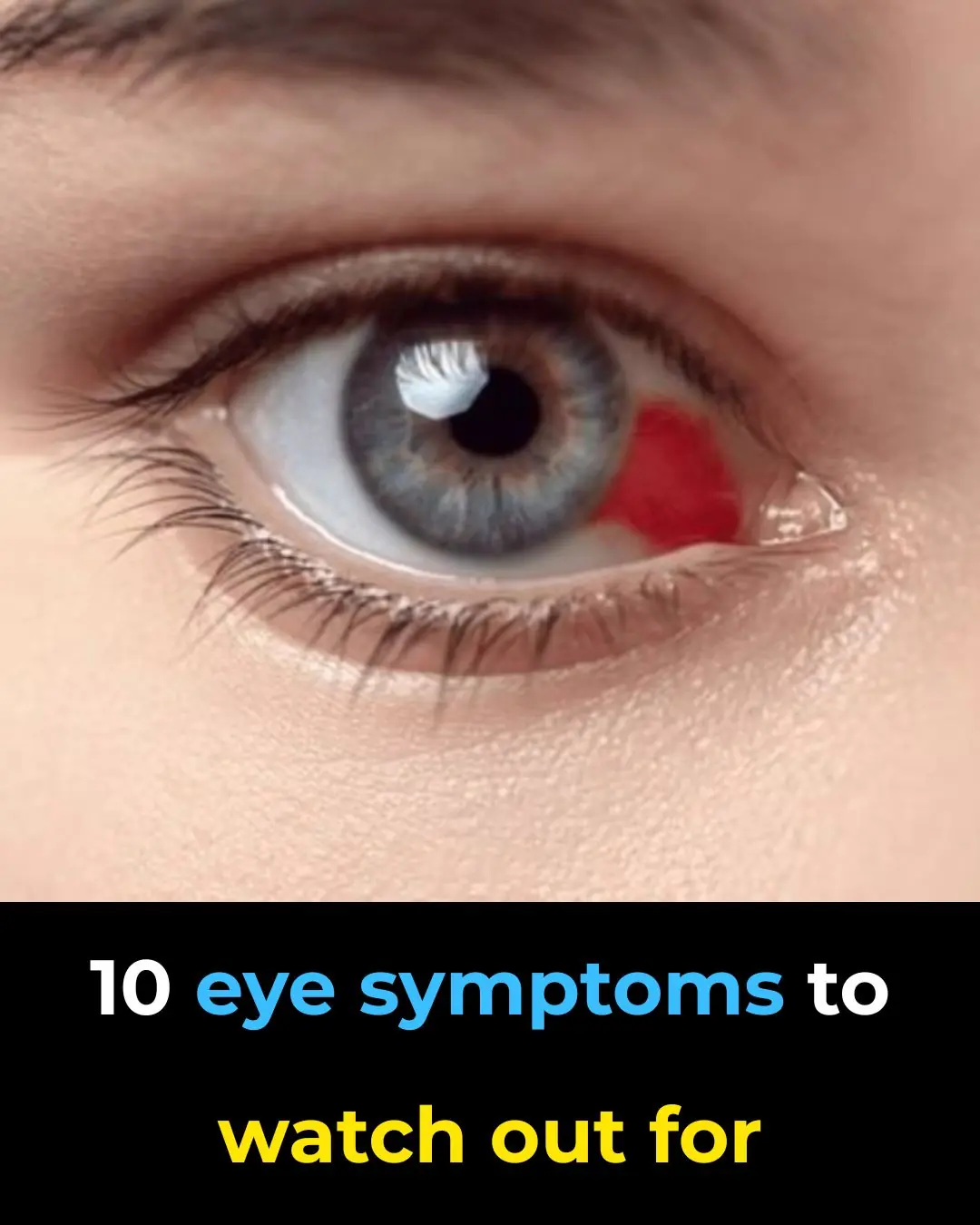
10 Eye Symptoms to Watch Out For

Does Eating Bananas Before Bed Have Any Benefits?

Can’t Fall Back Asleep After Waking Up to Use the Bathroom? Try These 5 Hacks

What Is Preventive Botox (or ‘Baby Botox’) — and Is It Safe?
